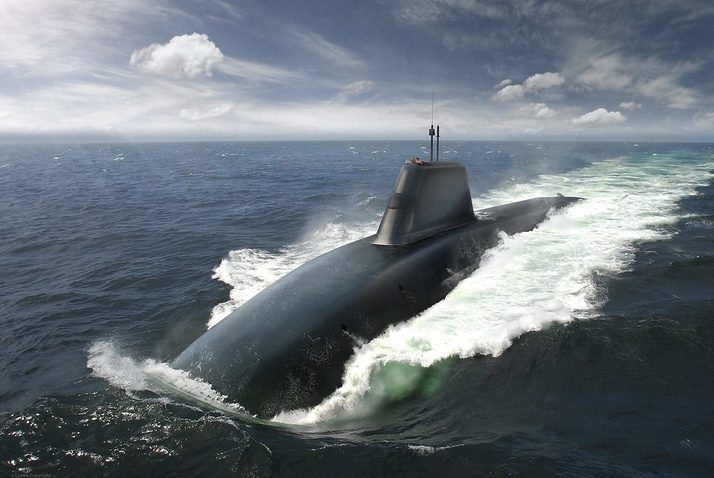
Brazil has unveiled its new submarine, named Tonelero, constructed in Brazil using French technological help as part of a program aiming to build Brazil’s first nuclear-powered submarine this decade. Brazilian President Lula and French President Macron were both in attendance, acknowledging the importance of protecting Brazil’s Atlantic coastline and honoring the joint defense pact made in 2008. The ProSub program is Brazil’s largest international defense cooperation, with the goal of protecting its maritime sovereignty which holds much of the nation’s oil and gas resources.
Macron’s visit to Brazil signals the end of previously existing tensions driven by the presidency of Jair Bolsonaro, who he shared disagreements and animosity with. He shares a much better relationship with Lula, saying “France loves Brazil and Brazil loves France!” Lula shared the public sentiment, writing that “among the traditional powers, none is closer to Brazil than France,” on Platform X, formerly Twitter. Various photos of the two presidents embracing and shaking hands were also shared online, as Macron spent a week touring South America’s largest nation and strongest geopolitical entity.
Despite having the necessary technology, Brazil commendably adheres to nuclear non-proliferation and possesses no nuclear weapons — something that can not be said for most other powers with the required technology. When establishing oneself as a geopolitical force, heavy military investment and defense pacts like that with France are inevitable, and there are no signs that Brazil will increase aggression because of these changes. The nuclear submarine plan, which hopes to produce a nuclear-powered submarine for the Brazilian navy in the next ten years, does not indicate that the submarine will have nuclear weapons and only mentions a nuclear engine, which improves on the current diesel-electric technology. Brazil’s historical nonalignment and its commitment to true nonproliferation signal that defensive improvements should raise no concerns about world peace or security.
The continued cooperation in the defense sector between the two nations honors the agreement originally made between Lula and former French president Nicolas Sarkozy in 2008. In the emerging multi-polar world, Brazil is working hard to establish its position as a vocal leader for the Global South and the increase in its hard power comes at an important time in the nation’s geopolitical history. Under Lula, the nation has continued to improve economic ties with both China and the United States while refusing to pick an ideological or political side, further signaling that Brazil hopes to align itself more with what it sees as underrepresented emerging powers and Global South countries.
Brazil and Lula’s recent presidency at the G20, as well as its membership in the increasingly powerful B.R.I.C.S. economic coalition, suggest that the South American nation will only continue to step up its military capabilities. France has committed to increasing their already substantive economic relationship, and the addition of new defense technology further interconnects their futures on the international scene. This partnership reflects a foreign policy that Brazil will likely seek to continue; non-alignment and friendship diplomacy.
